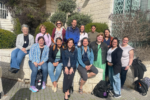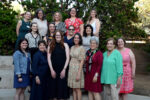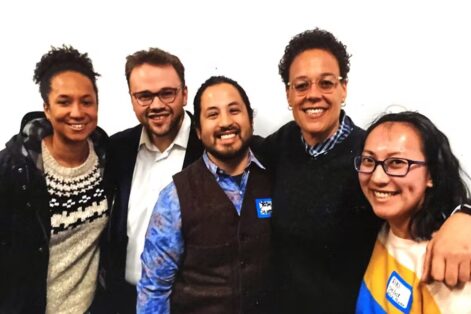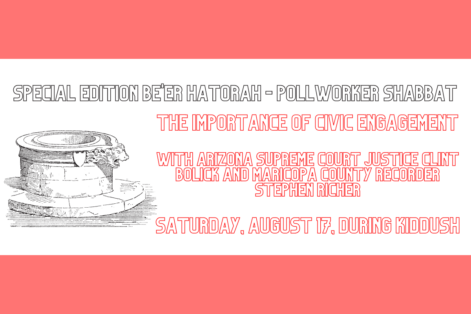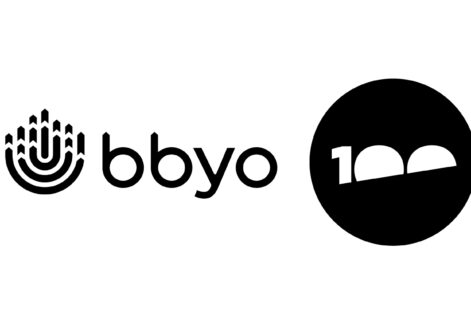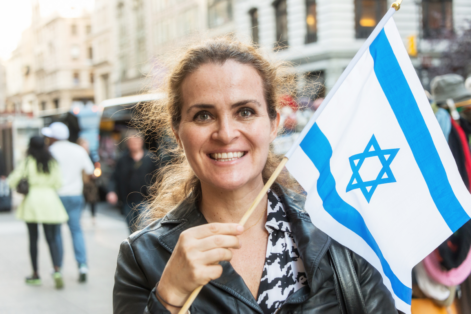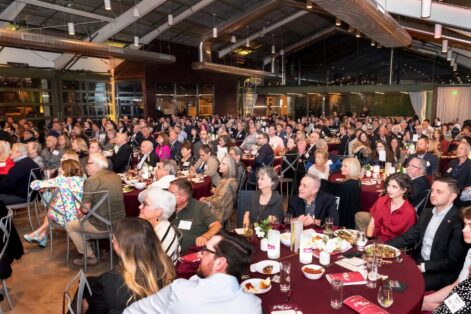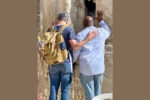As the Passover season approaches, Jewish communities worldwide prepare to gather around the Seder table, retelling the story of liberation from slavery in ancient Egypt. The Seder, with its rituals and recitations, has been a cornerstone of Jewish tradition for millennia, offering a time for reflection, gratitude, and celebration. However, in today’s world, where diversity, equity, and inclusion are paramount values, it is essential to examine our traditions through a more inclusive lens.
The traditional Passover Seder revolves around the Four Questions, traditionally asked by the youngest participant at the table. These questions serve as a catalyst for discussion and reflection on the significance of Passover. However, in our modern context, we can expand upon these questions to include perspectives that embrace diversity and promote equity and inclusion within our communities.
Here are four modern questions for the Passover Seder that encourage us to engage with the themes of diversity, equity, and inclusion:
- How do we ensure that all voices are heard at the table? In many families and communities, the Seder table may include individuals from diverse backgrounds, beliefs, and experiences. It is essential to create an environment where everyone feels welcomed and valued, where their voices can be heard and respected. How can we actively invite and amplify the voices of those who may feel marginalized or overlooked? How can we cultivate a sense of belonging for everyone present?
- How can we acknowledge and honor the experiences of oppression and liberation across different cultures and communities? While Passover commemorates the liberation of the Jewish people from slavery in Egypt, the themes of oppression and liberation resonate with many other cultures and communities worldwide. How can we broaden our understanding of liberation to include the struggles faced by marginalized groups today? How can we stand in solidarity with those fighting for freedom and justice around the world?
- In what ways can we use our privilege and resources to uplift others? As we reflect on the story of Passover, we are reminded of the importance of using our privilege and resources to advocate for those in need. How can we leverage our positions of privilege to support marginalized communities? How can we work towards dismantling systems of oppression and creating a more just and equitable society for all?
- How do we commit to ongoing learning and growth in our journey towards equity and inclusion? The Passover Seder is not only a time for reflection on the past but also a call to action for the future. How can we continue to educate ourselves about issues of diversity, equity, and inclusion? How can we engage in meaningful dialogue and allyship to create positive change in our communities? How can we ensure that our commitment to justice and equality extends beyond the Seder table and into our daily lives?
As we gather to celebrate Passover this year, let us embrace these modern questions as an opportunity to deepen our understanding of diversity, equity, and inclusion. May our Seder tables be spaces of dialogue, empathy, and solidarity, as we strive to create a world where all are free to thrive. Hag Sameach! (Happy Holiday!)
This post has been contributed by a third party. The opinions, facts and any media content are presented solely by the author, and JewishPhoenix assumes no responsibility for them. MORE























